Today's Hassle Factor: (2) - result of cold wind chills and wet/slushy roads turning to ice. Hassle Factor is a scale from 1 to 5 (1 is smooth sailing, 5 represents "parking lot" conditions, where nothing moves).
Welcome to what will probably be the coldest week of winter. Friday morning may see some -15 to -20 F. readings in and around the Twin Cities, probably the coldest of the season.
So far this month we've had 2 days without snow. Think about that. At least a trace or more of snow 15 of the last 17 days. 10.5" so far in January. 44.1" since December 1.We have already seen more snow this winter than any winter since 2003-2004.
Meteorological Winter is more than half over. Tell a friend, wake a neighbor. If you look at the 90 coldest days of the year (historically), winter really begins closer to December 1, ends Feb. 28. Which means the midpoint is right around January 16-17, now in our rear-view mirror, but barely. Most winters we bottom out this week - which is fitting, because it looks like this may still wind up being the coldest week of the Winter of '10-11.
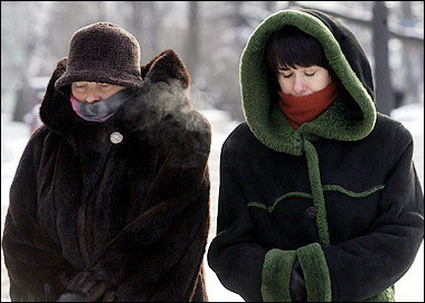
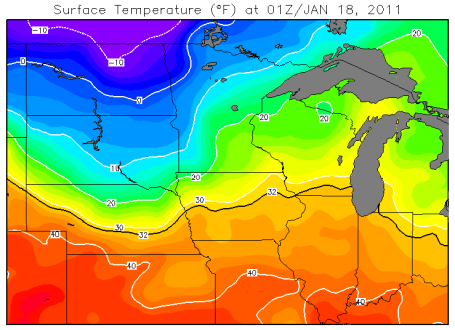
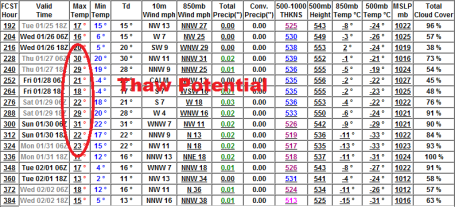
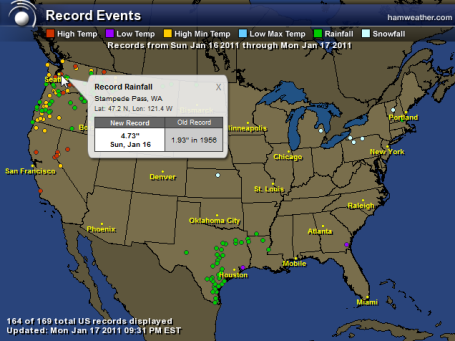
SNOW REPORTS LISTED BY AMOUNT
INCHES LOCATION ST COUNTY TIME
------ ----------------------- -- -------------- -------
4.50 MADELIA MN WATONWAN 0820 AM
3.00 VESTA MN REDWOOD 1212 PM
0.17 WATER EQUIVALENT.
2.70 NORTH MANKATO MN NICOLLET 0700 AM
2.50 N MANKATO MN BLUE EARTH 0615 AM
FROM KEYC
2.00 RED WING MN GOODHUE 0957 AM
2.00 1 SE NORTHFIELD MN RICE 0820 AM
2.00 BLUE EARTH MN FARIBAULT 0700 AM
2.00 MORGAN MN REDWOOD 0700 AM
2.00 FAIRMONT MN MARTIN 0700 AM
2.00 ST JAMES MN WATONWAN 0330 AM
1.50 BROWNTON MN MCLEOD 0726 AM
1.50 REDWOOD FALLS MN REDWOOD 0700 AM
1.50 MINNEAPOLIS MN HENNEPIN 0600 AM
1.20 ROBERTS WI ST. CROIX 0700 AM
1.00 WACONIA MN CARVER 0800 AM
1.00 BALDWIN WI ST. CROIX 0700 AM
1.00 ELK MOUND WI DUNN 0700 AM
0.90 RICHFIELD MN HENNEPIN 0957 AM
0.70 2 W PRIOR LAKE MN SCOTT 0700 AM
0.70 CHANHASSEN MN CARVER 0600 AM
0.60 MONTICELLO MN WRIGHT 1212 PM
0.50 CHAMPLIN MN HENNEPIN 0820 AMMonday Clipper. Over 4" south of Mankato, 1.3" in Minneapolis, officially 1.5" at MSP International, almost enough to shovel and plow (and gripe about). That's our God-given right. Griping about the weather. It's a hobby for most of us. We'll have plenty to moan and groan about for the next 4 days, then a rerun of 20s will feel pretty good next week.Think about that, where else on the planet (other than maybe Moscow) could the weather guy write "...then a rerun of 20s will feel pretty good next week?
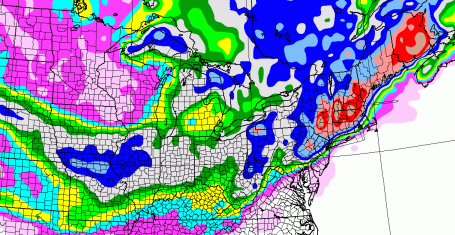
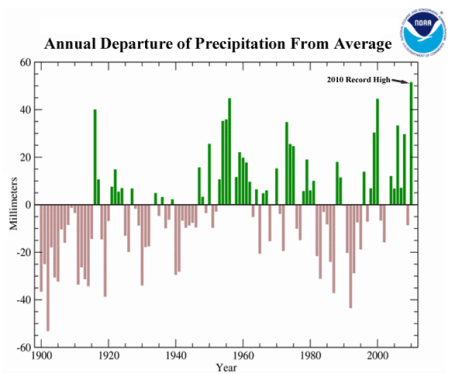
Image credit: NOAA's National Climatic Data Center.
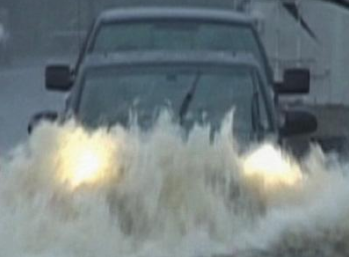
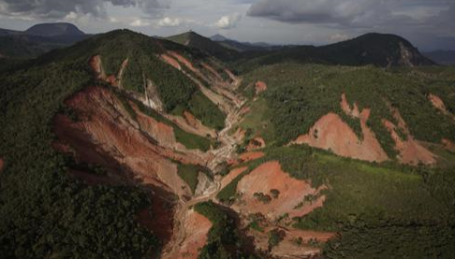
Death Toll Rises To 600 From Floods, Mudslides In Brazil. An unbelievable story from USA Today, another example of extreme weather in the southern hemisphere: "TERESOPOLIS, Brazil (AP) — Brazil's army on Monday sent 700 soldiers to help throw a lifeline to desperate neighborhoods that have been cut off from food, water or help in recovering bodies since mudslides killed at least 655 people. Troops have already set up at least one bridge in the mountain vacation city of Teresopolis, officials said, but at least 10 main highways remain blocked in the rugged area north of Rio where the slides hit, hampering efforts to move in the heavy machinery needed to begin massive clean up efforts and eventually dig out bodies stuck under tons of mud and debris. The troops plan to set up mobile bridges that can span 200 feet and are robust enough to support the hundreds of pieces of big equipment needed in clean up and recovery efforts."
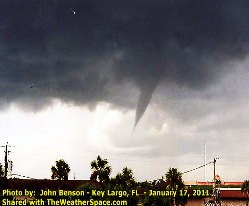
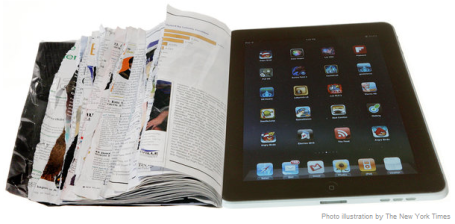


How Bad Is Your Company's Dress Code? Be Glad It's Not As Bad As The One At UBS. Yahoo ran this story, which made me do a double-take:
"Good news for Swiss bankers: They may soon be allowed to wear red underwear, black nail polish — and even eat garlic. Swiss banking giant UBS AG said Monday it is revising its 44-page dress code telling its Swiss staff how to present themselves, which generated worldwide ridicule for its micromanagement of their dressing and dining habits. The code instructs employees on everything from their breath — no garlic or onions, please — to their underwear, which should be skin-colored. "We're reviewing what is important to us," UBS spokesman Andreas Kern told The Associated Press. He said the bank would issue a pared-down booklet with more general guidelines on how to impress customers with a polished presence and sense of Swiss precision and decorum. The existing code tells female employees how to apply makeup, what kind of perfume to wear and what color stockings are acceptable. It advises them not to show roots if they color their hair and to avoid black nail polish."

Clipped Again. Admit it (privately). 25 felt OK out there Monday afternoon, the same clipper that squeezed out 1.3" on the Twin Cities also inhaled slightly milder air into Minnesota. 2.4" at International Falls, 1.3" Duluth, nearly an inch at Rochester and .2" at St. Cloud.
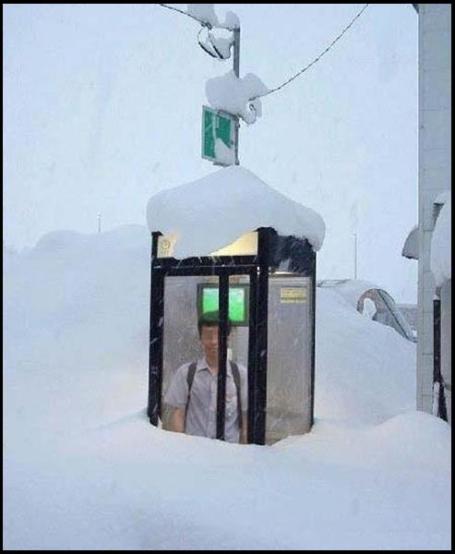
Paul's Conservation MN Outlook for the Twin Cities and all of Minnesota:
TODAY: Intervals of sun, windy and colder - feels like -10 F. Winds: N 10-15. High: 9
TUESDAY NIGHT: Clearing and bitter. Low: -7
WEDNESDAY: More clouds than sun, numbing. High: 7
THURSDAY: Few flurries, reinforcing shot of bitter air arrives. Low: -3. HIgh: 6
FRIDAY: Another clipper possible, around 1". Coldest morning of winter? Low: -18. High: 7
SATURDAY: Partly sunny, not as harsh. Low: 2. High: near 20
SUNDAY: Clouds increase, snow at night? High: 17
MONDAY: Snow tapers to flurries, 1-2" possible. High: 26
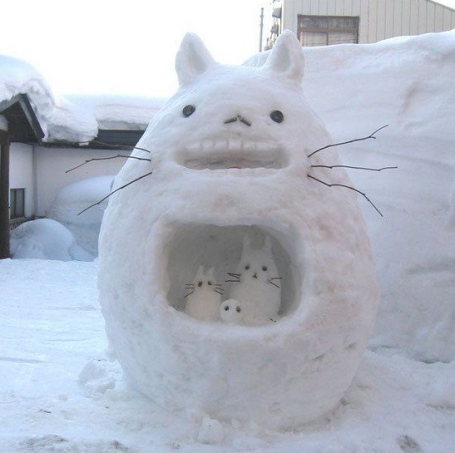
"Little Siberia"
Pity the (wimpy) New York City journalist who visited St. Paul in 1885, calling it "another Siberia, unfit for human habitation." Spoken like an eastern elite. In response St. Paul decided to build a massive 106 foot high ice palace. In 1886 the St. Paul Winter Carnival kicked off, proving that it's not only possible to survive a Minnesota winter, but thrive.
Now might be a good time to remind you that "the winter of our discontent" will come to and end. Mud-season is 45-60 days away, in 80 days (give or take) the first green buds of spring will reappear, a promise of another (miraculous) summer to come. In the meantime we'll muddle through another character-building week, probably one of the 2 coldest of winter. Expect 3 subzero nights, but I don't see any record-setting chill.
At least you won't have to shake your fist at a snowy sky: big storms detour well south of Minnesota; a meager clipper capable of a quick inch Friday, a couple inches possible early Monday.
Models hint at a string of 20s next week, hardly grilling weather - but I'm amazed how good 20 (above) feels after a numbing week of Yukon breezes. Little Siberia? Hardly. We have better restaurants (and hockey!)
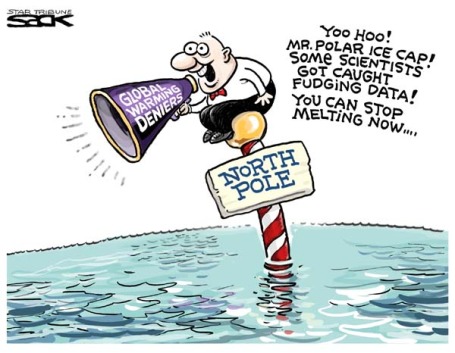
Climate Skepticism vs. Denial. Skepticism is healthy, I admire/respect anyone who has a healthy level of skepticism, about anything. Some of the climate "deniers" don't like the term. Lou Grinzo is a researcher, writer, economist and climate wonk; here are his thoughts on the term "denier", which I republish with his permission.
1. We're all born ignorant of everything. We all remain ignorant of many things throughout life, or only come to learn about them later in life than would be optimal. (Amish saying: "We grow too soon old and too late smart".)
2. Skepticism when encountering new things is usually a healthy thing. Helps keep scam artists at bay, prevents many women from dating men of questionable character, etc.
3. When someone is engaged on a topic for an extended period of time (meaning several to many times longer than would be necessary for anyone with Internet access and a modicum of good faith to educate him/herself), then disagreeing with the vast majority of experts on any topic is not "skepticism" but "denial".
4. There will always be a small segment of people who truly are climate change skeptics. This is a natural transitory state all newcomers approaching the topic in good faith should pass through. We can help them with that process, but only if they're willing to be helped.
5. The climate change deniers are just that, deniers. There is no reasonable excuse for their position; it's a willful rejection of reality based on ideology and/or financial interest.
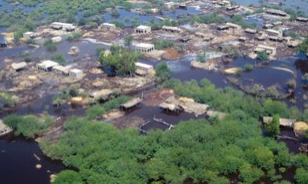
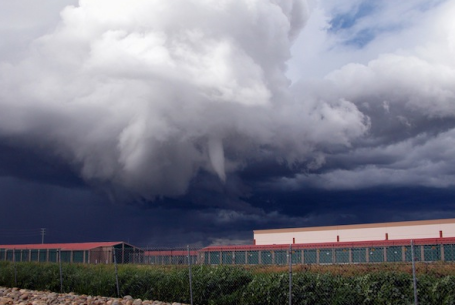
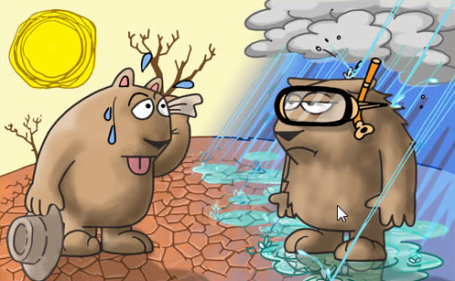
Are Canada's Climate Scientists Muddying The Waters Over Global Warming? This post from Alternet that caught my eye: "Wikipedia describes David Phillips as “One of Canada’s most knowledgeable weather experts, the official spokesman for Environment Canada’s Meteorological Service, recipient of the Order of Canada and the author of several books.” Phillips is charming, convincing and the “go-to guy” for media wanting a story about weather or climate. Last month, he told CBC Television’s “The National,” it would be “bad science” to suggest a link between climate change and a string of record-breaking storms which ravaged several regions of Canada last year!Bad science? Phillips did not say; there may be a link but it’s not possible to conclude, scientifically, at least not yet. He did not say; the storms were at least consistent with the now abundant body of climate science evidence as it relates to extreme weather. He did say, all these storms may be a dress rehearsal or taste of things to come. (But he would not say climate change!)"

What Would Martin Luther King Jr. Do? Christians And Climate Change. From Australia's ABC Network (religion and ethics). Jarrod McKenna writes in his article: "The legacy of Martin Luther King Jr and the reality of climate change are both victims of western culture's remarkable capacity to accommodate and neutralise that which is most critical of it....First, many of us fail to see what World Vision Australia sees all too clearly: climate change is hitting the poorest of the poor the hardest. Recently Tim Costello and I were in Chennai with Jayakumar Christian, CEO of World Vision India. Dr Christian told us plainly "we are already seeing the effects of climate change." Climate change is like a giant anti-development force unleashed on the world, aimed at the poor. This is why Tim Costello has repeatedly said, "climate change will undo sixty years of development if we don't act now." It is also why evangelists like Tony Campolo are saying, "You can't be a Christian and not be an environmentalist."
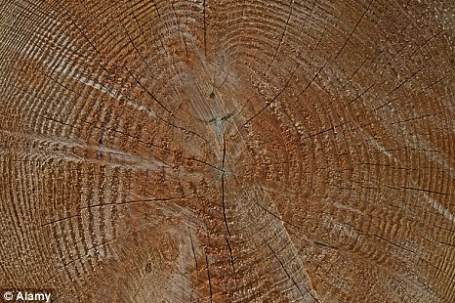
Was Climate Change Responsible For The Rise And Fall Of The Roman Empire? Reading between the lines: Researchers studied ancient tree growth rings to show links between climate change and major events in human history.
No comments:
Post a Comment